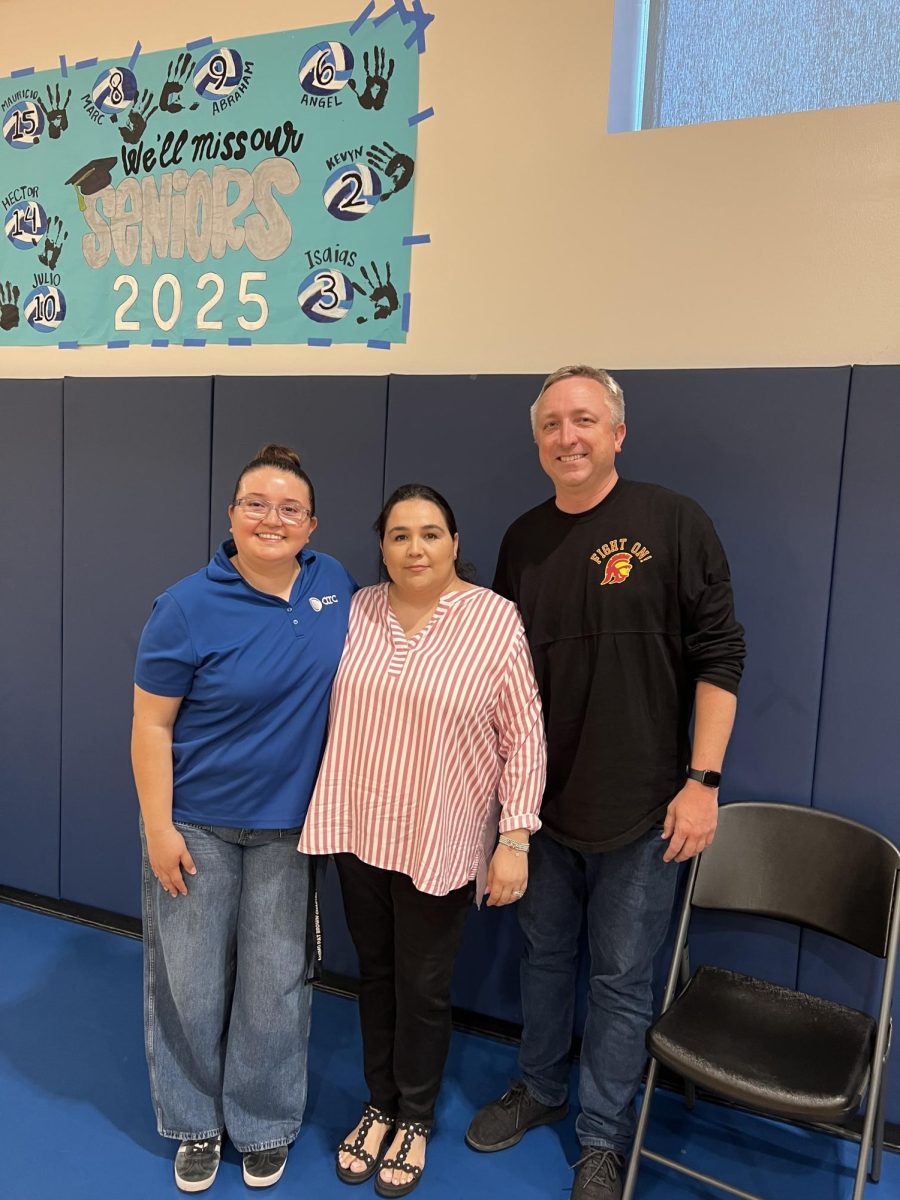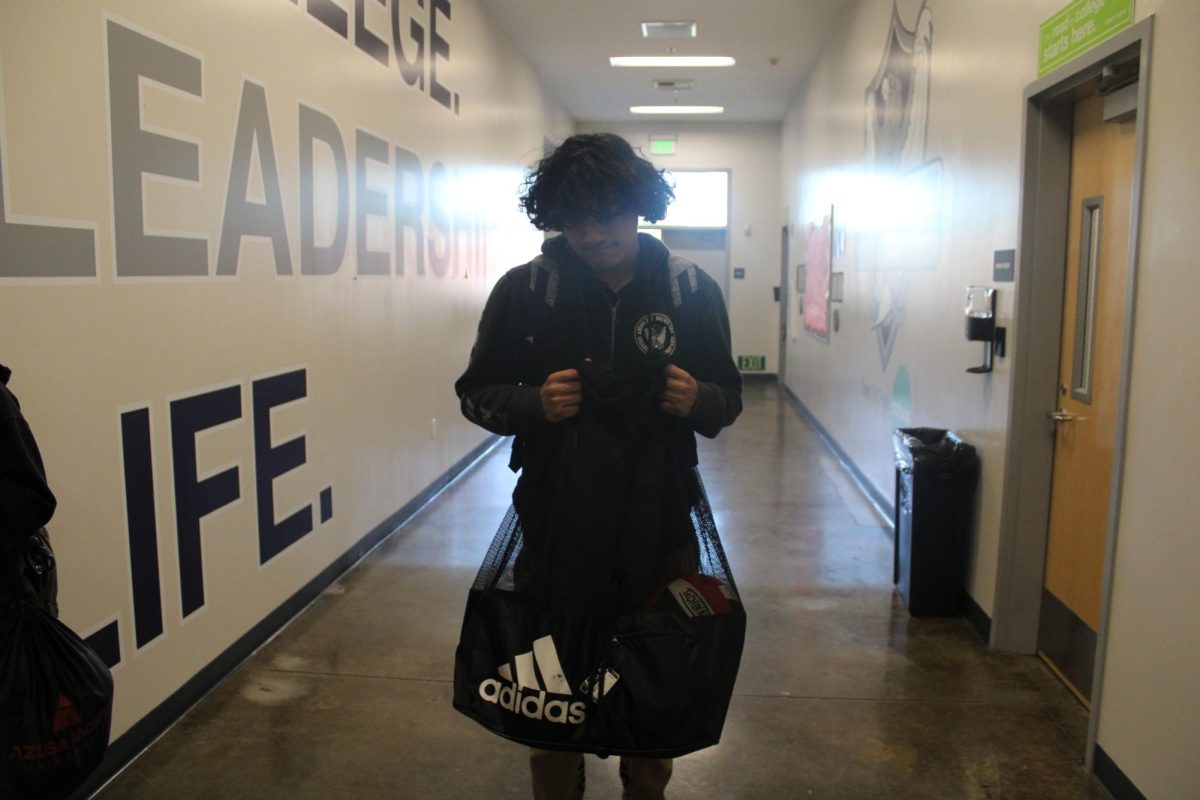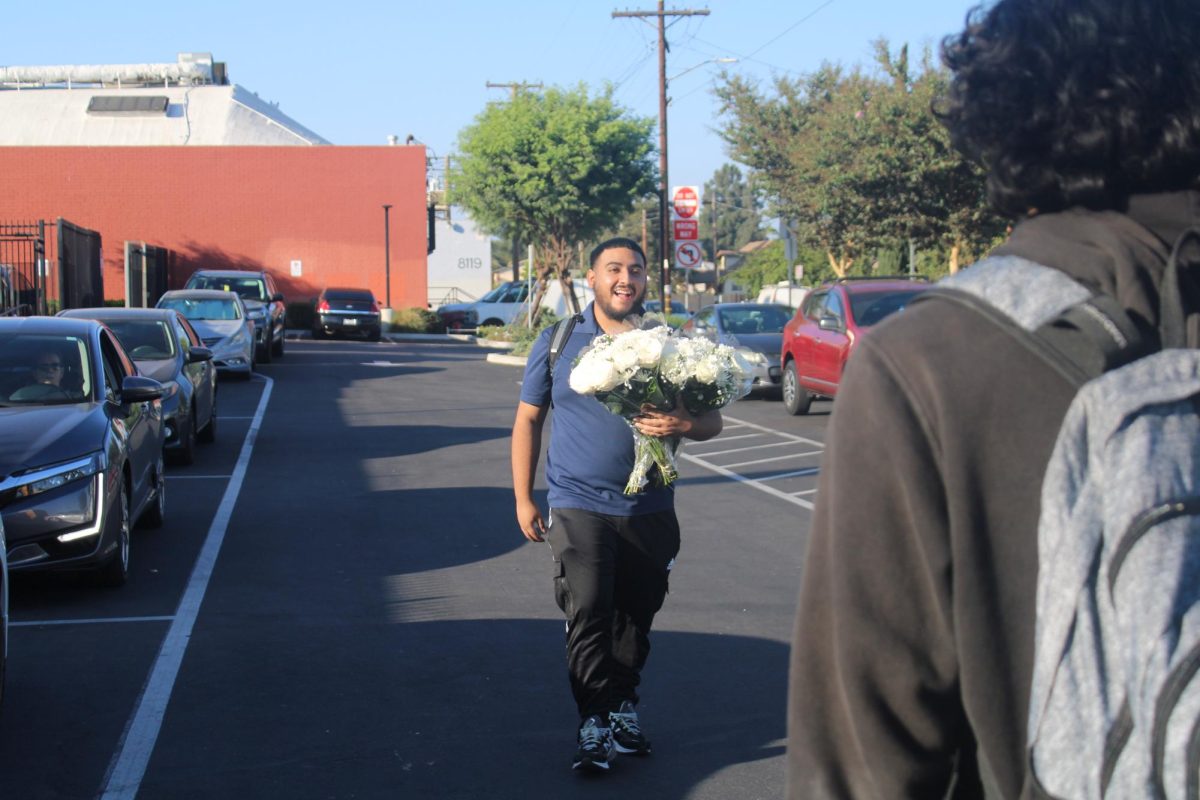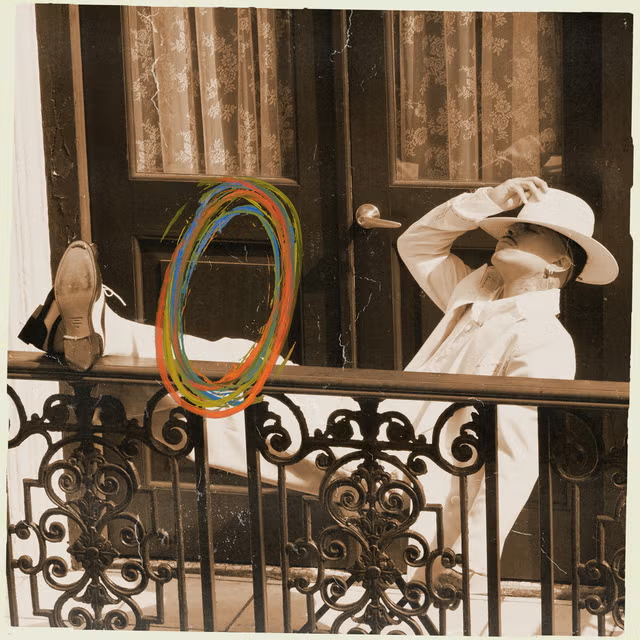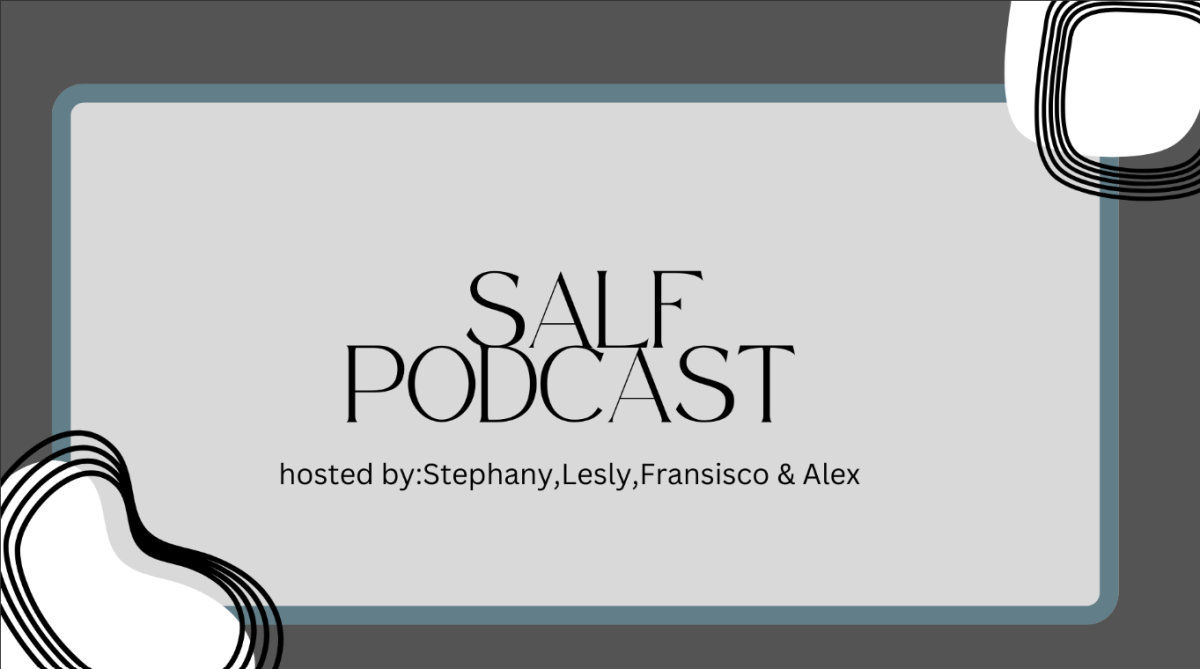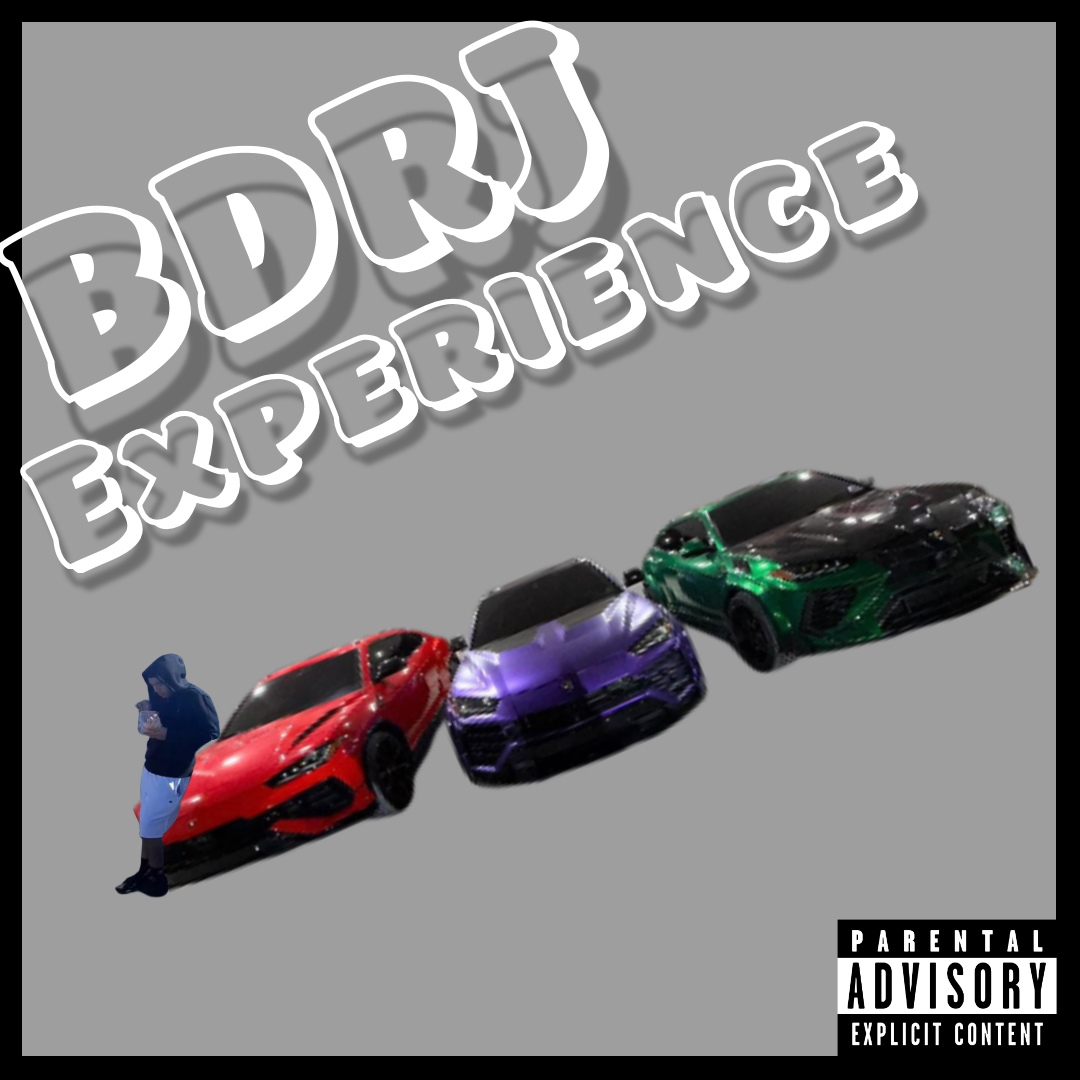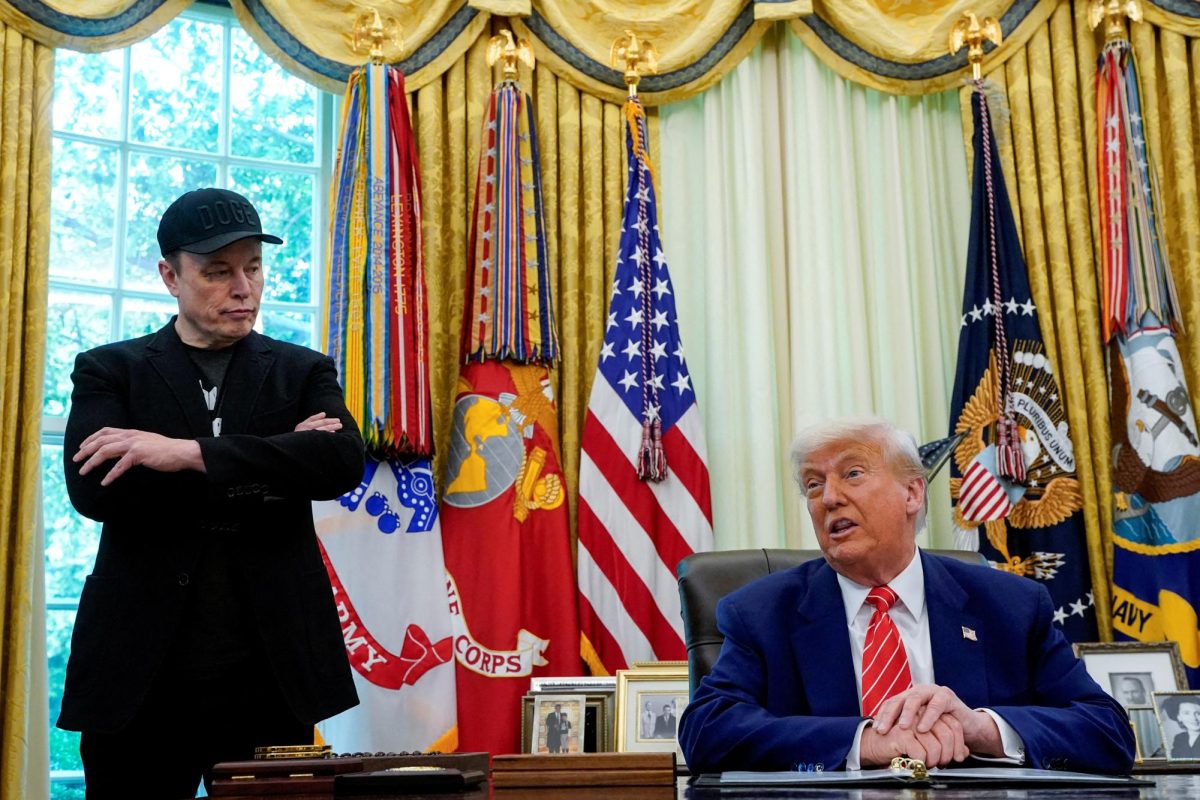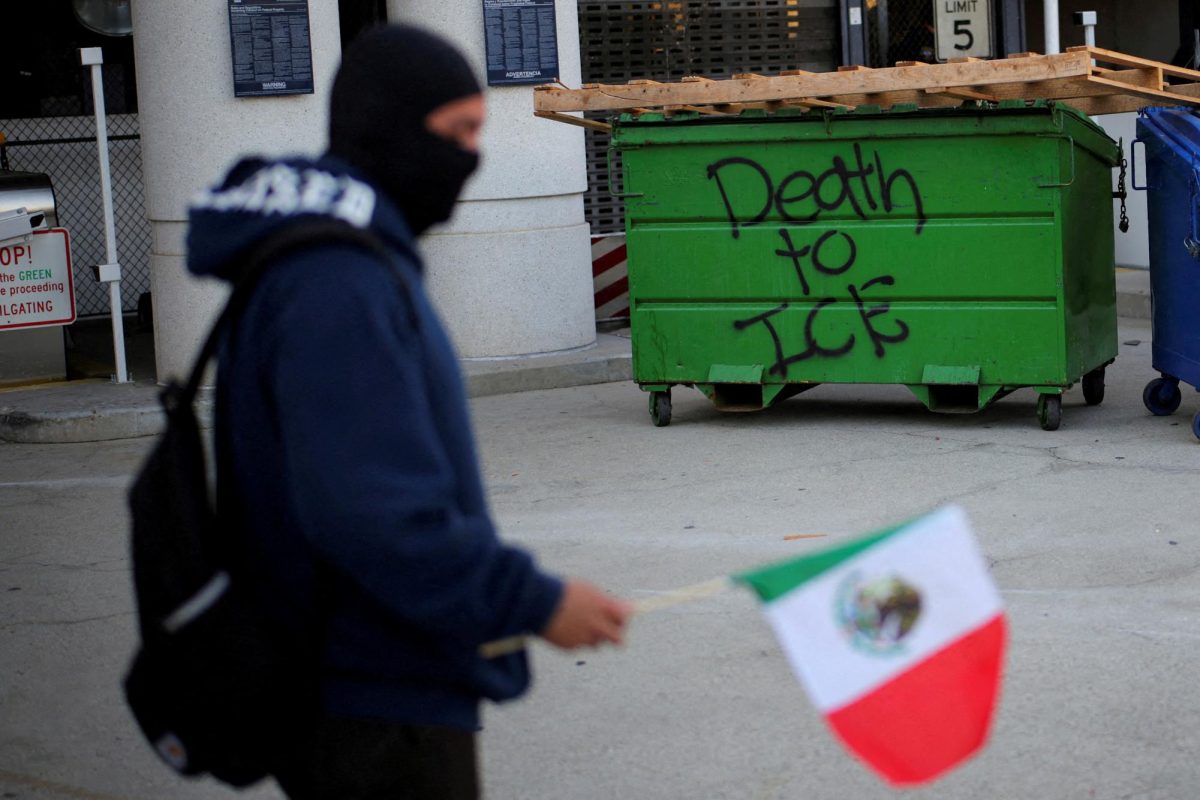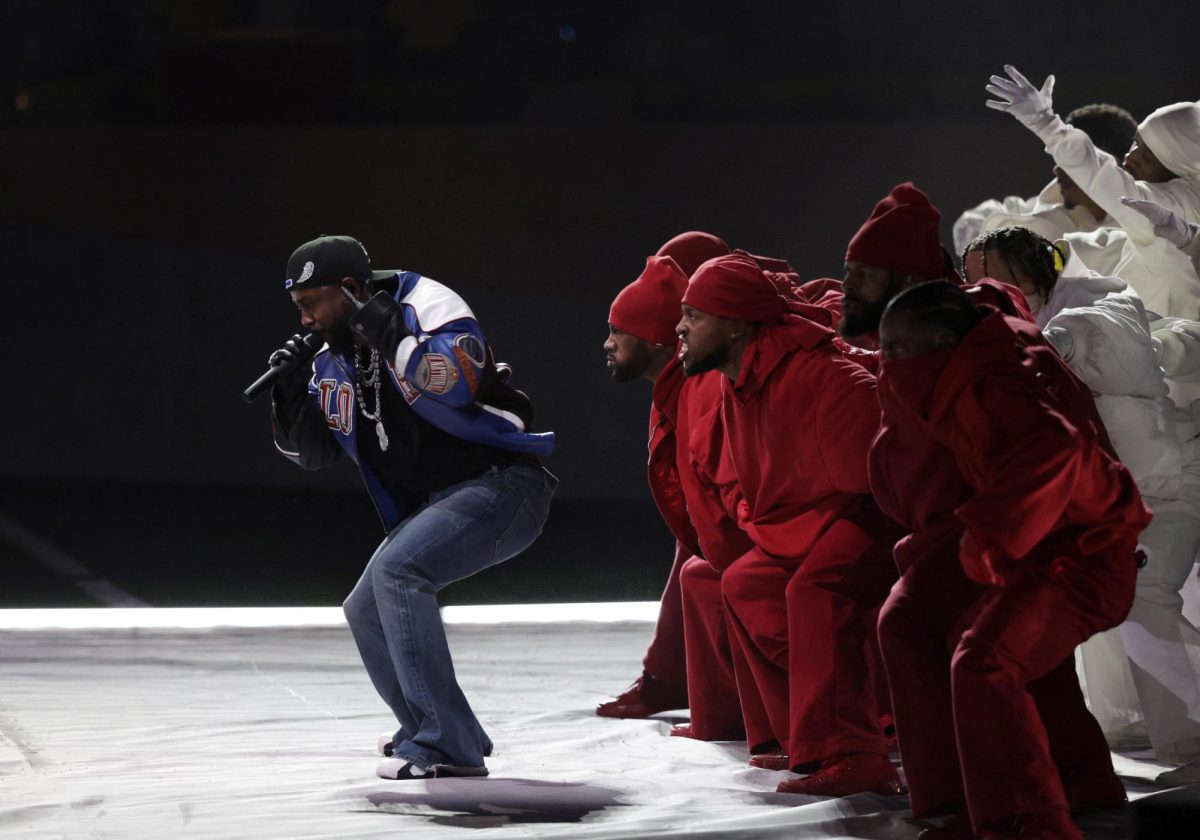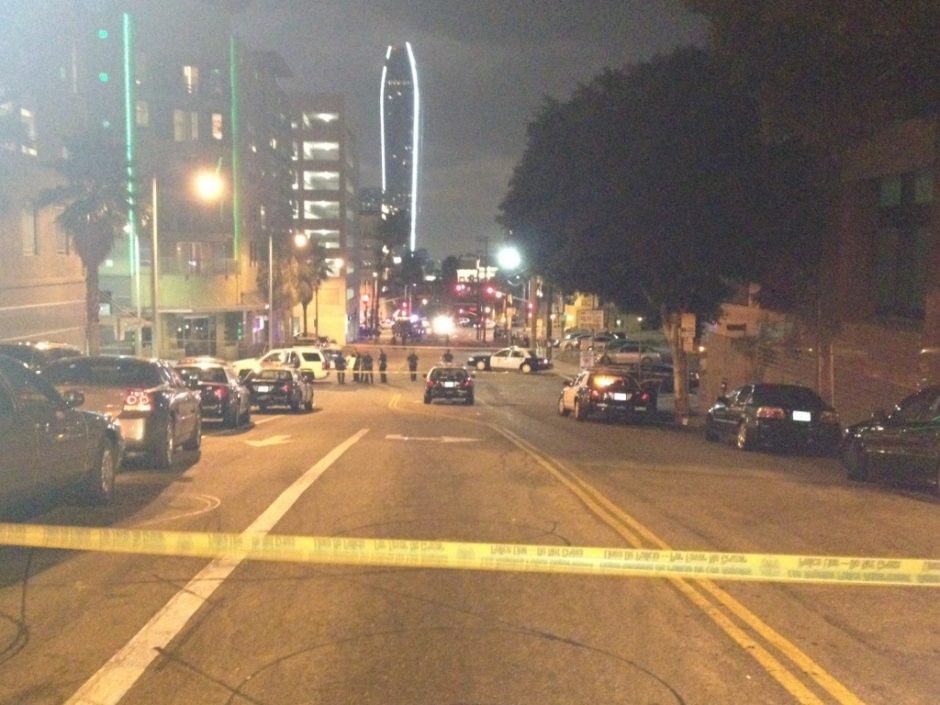The book Unwind by Neal Shusterman is set in a futuristic, dystopian society where a second civil war–called The Heartland War–was fought over abortion. On one side were the Life Army, who wanted abortion to be illegal, while on the other side were the Choice Brigade, who wanted the option of abortion to be theirs. Shusterman does an excellent job taking a popular political issue and making a future where there is a “compromise” for both opposing sides.
The book starts by explaining the result of the war: a bill called “The Bill of Life” was passed; it stated that a child must be born, but when the child reaches the age of 13, the parents have a choice of having their child “unwound,” meaning that they would donate 100 percent of their child’s body to be used for those who need an extra organ or arm, but the child would be in a divided state; the parents could not have their child unwound after they turn 18.
The book revolves around three Ohio-native teenagers: Connor Lassiter–a 16 year old troublemaker–, Risa Ward–an orphan living in a state home orphanage who is not talented enough to keep a place in the orphanage–, and Levi Calder–a 13 year old tithe whose purpose is to be Unwound as a religious sacrifice. After various events, the three meet and attempt to evade the police until they turn 18.
This book really captured my interest by allowing me to imagine myself in the character’s situation–if I were to live in this society, would I be “Unwound”? Would my parents choose to rid themselves of me if I prove to be useless? Would I escape? Would I want to escape?
The book does not only focus on teens’ struggles against the government, but also includes adults’ struggles. The Admiral is a veteran of the Heartland War who hides runaway unwinds in an airplane graveyard in Arizona. The Admiral is a good man at heart who simply wants to be reunited with his unwound son, but he chooses not to show it and as a result gains the respect of the runaways. Most of the adults shown in the book are the parents of children who are to be unwound or the “Juvey Cops” the children escape from. The Admiral is one of the few people who is against unwinding children as a result of his own experiences.
Shusterman makes an excellent and thrilling combination of a serious issue in today’s society and how it could affect the future. Unwind focuses on the characters’ emotions concerning everything happening around them–how they feel about being alone, how–for one character–they doubt their duty for their God, how they were never talented enough for society, and, most of all, their lack of choice in their own future. Who had the right to choose their fate? Why is their life in someones hands? The children in the novel grow as they realize that they cannot rely on their parents’ support and must fend for themselves.
It also brings up an issue that society wonders: how much will life be worth in the future? Will everyone discard it as if it is another useless object that could easily be replaced? It is these things that Shusterman makes the reader ponder.

